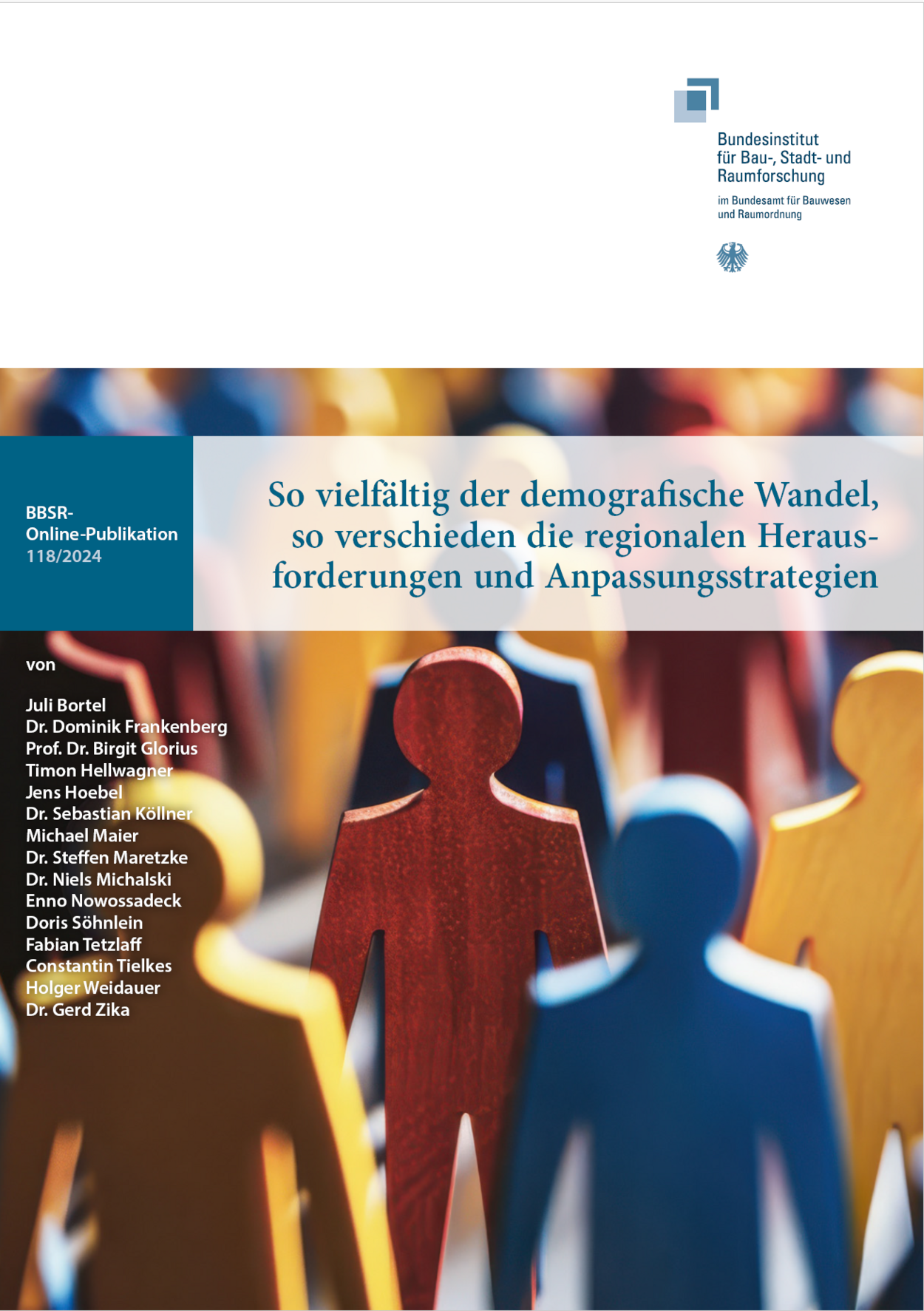The demographic challenges have been known for a long time. The baby boomer cohorts, now continuously retiring, are leading to noticeable quantitative and qualitative changes in demand. Local municipality-specific additional burdens have not yet been systematically recorded.
Projections of budget components that are heavily dependent on demographics are used to estimate the development of municipal budgets in terms of income and expenditure (projection period up to 2040), taking into account variations in population projections. This allows to identify regions in which particularly pronounced demographic-related adjustment burdens are expected. According to our findings, the demographic-related additional fiscal needs amount to an average of 5.9-7,6 % of current revenues and are particularly pronounced, at up to 12,6 % in the already heavily burdened, structurally weak rural areas.
The publication was released together with the other conference papers as part of the conference of the ‘Cities and Regions’ working group of the German Society for Demography (DGD) and the Federal Institute for Research on Building, Urban Affairs and Spatial Development (BBSR):
Link to the publication: https://www.bbsr.bund.de/BBSR/DE/veroeffentlichungen/bbsr-online/2024/bbsr-online-118-2024.html
Contact: Dr. Dominik Frankenberg

![[Translate to English:] [Translate to English:]](/media/_processed_/6/1/csm_AdobeStock_543466681_9df3d40718.jpeg)
![[Translate to English:] [Translate to English:]](/media/_processed_/6/1/csm_AdobeStock_543466681_6eab1c26f9.jpeg)




